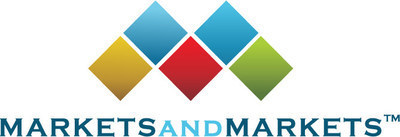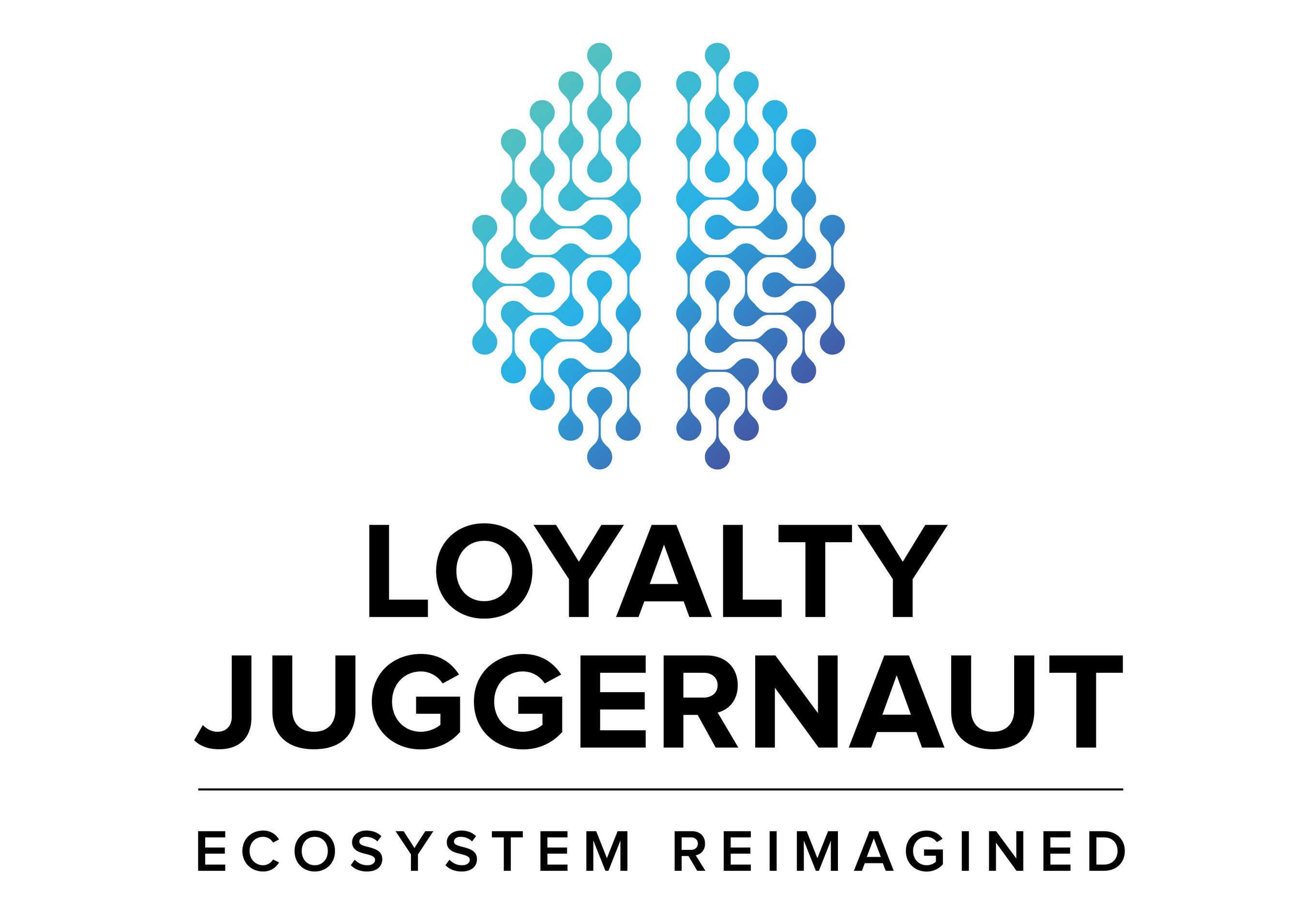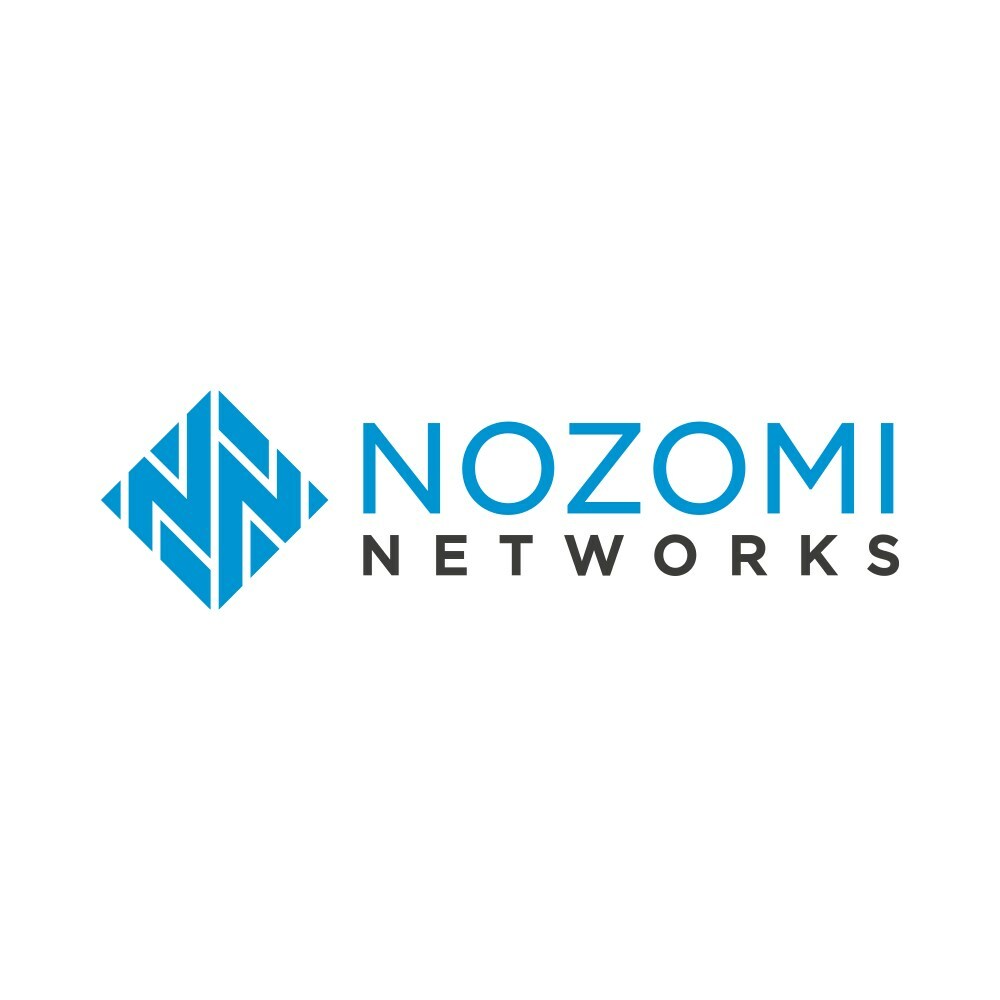DELRAY BEACH, Fla., May 9, 2025 -- The global Injectable Drug Delivery Market, valued at US$633.7 billion in 2024, is forecasted to grow at a robust CAGR of 8.4%, reaching US$690.23 billion in 2025 and an impressive US$1,034.78 billion by 2030. The injectable drug delivery market is driven by the rising prevalence of chronic diseases, such as diabetes, cancer, and autoimmune disorders, alongside an increasing global demand for biologics. Developed markets like the US, Germany, and Japan continue to adopt advanced delivery technologies, supported by strong healthcare infrastructure and patient preference for convenient, self-administered therapies. In emerging markets such as India, Brazil, and China, market growth is accelerated by improved healthcare access and government-backed immunization and chronic disease management programs.
Key market trends include the increasing adoption of wearable injectors, autoinjectors, and needle-free systems. This shift is largely driven by a growing emphasis on patient compliance and home-based treatment options. Additionally, the move towards personalized medicine and combination therapies encourages device manufacturers to create tailored solutions for complex drug regimens.
Recent developments in this market include the introduction of smart injectors that feature connectivity capabilities, the expansion of large-volume subcutaneous delivery systems, and partnerships between pharmaceutical companies and device developers aimed at creating biologics-compatible delivery platforms. Many companies also invest in sustainable and reusable injection systems, especially in Europe, to comply with environmental regulations.
Overall, the market is evolving rapidly, with a strong focus on innovation aimed at enhancing safety, usability, and therapeutic efficacy. This positions injectable delivery systems as a crucial element in modern disease management strategies worldwide.
Download PDF Brochure: https://www.marketsandmarkets.com/pdfdownloadNew.asp?id=150
Browse in-depth TOC on "Injectable Drug Delivery Market"
1000 - Tables
120 - Figures
650 - Pages
By Based on products, the formulations segment accounted for the largest market share in 2024, primarily due to the increased use of biologics. The rising prevalence of chronic diseases such as cancer, HIV, and obesity further fuels the growth of this market. The parenteral route of drug administration is considered ideal for biologics, as it enhances the bioavailability of therapeutic agents and maintains their stability. Additionally, a strong focus on research and development for targeted and controlled drug delivery drives market expansion. Long-acting and sustained-release formulations reduce dosing frequency, improving patient compliance. Innovations in injectable drug formulations, including the use of nanoparticles, micelles, and liposomes for targeted drug delivery, also contribute to market growth.
By formulation packaging, the ampoules segment is projected to grow at the highest CAGR within the formulation packaging sector. This growth can be attributed to the numerous advantages ampoules offer over other packaging options, such as vials. Ampoules are typically designed for single use, significantly reducing the risk of cross-contamination and ensuring accurate therapeutic product dosages. Additionally, they are more cost-effective than prefilled syringes, cartridge-based packaging, and vials. Glass ampoules are compatible with a wide range of therapeutic agents, including biologics, and help maintain their stability. Moreover, ampoules provide a longer shelf life for drugs and are easy to store.
By therapeutic application, the rapid growth of the obesity market segment is driven by the sedentary lifestyle of people worldwide. The high consumption of over-processed foods and various environmental factors significantly contribute to this trend. Additionally, genetic predisposition plays a role in the prevalence of this chronic condition.
Recent advancements in self-administration devices, such as autoinjectors and wearable technology, have made it easier for individuals to administer medication, especially in emergency situations. These devices provide options for at-home care, improving patient compliance. Furthermore, long-acting injectable formulations reduce the frequency of required medication dosages.
By site of administration, the dermal segment accounted for the largest market share in 2024. This segment encompasses both intradermal and subcutaneous routes of administration. The significant market share can be attributed to the ease of dermal-based administration, which is less invasive than intravenous routes. Dermal administration is also less painful and is typically preferred by patients who require frequent dosing for chronic conditions.
The subcutaneous route is particularly well-suited for self-administration devices, such as autoinjectors and pen injectors. In addition, needle-free injectors and microneedle devices are being developed for intradermal administration, which enhances patient compliance. Dermal-based injections are appropriate for a wide range of therapeutic products, including biologics, insulin, and vaccines.
By geography, the APAC region is projected to experience the highest CAGR globally during the forecast period. This growth is primarily driven by the increasing prevalence of chronic diseases such as diabetes, cancer, and cardiovascular conditions in the region. The aging population further contributes to this trend. Significant investments in the healthcare sector are being made in countries like China, India, and Southeast Asia, which facilitate the development of hospitals, clinics, and healthcare facilities. Supportive government policies and regulations also play a vital role in this growth.
Request Sample Pages : https://www.marketsandmarkets.com/requestsampleNew.asp?id=150
Prominent players in the injectable drug delivery market are Johnson & Johnson Services, Inc. (US), F. Hoffmann-La Roche Ltd. (Switzerland), Pfizer Inc. (US), Merck & Co., Inc. (US), Novartis AG (Switzerland), Cardinal Health (US), BD (US), Baxter (US), B. Braun SE (Germany), and Terumo Corporation (Japan).
Cardinal Health (US):
Cardinal Health (US) is a global supplier of healthcare products and services in over 30 countries. The company has two main segments: Pharmaceutical and Specialty Solutions and Global Medical Products and Distribution. It provides services to hospitals, pharmacies, laboratories, and home-care settings. In addition to drug distribution, the pharmaceutical division offers specialized services such as logistics management, nuclear pharmacy, and specialty pharmacy. The Healthcare division offers a wide range of products, including safety syringes (under the Magellan and Monoject brands), laboratory supplies, and anesthesia devices. Cardinal Health's OptiFreight Logistics service manages over 22 million shipments annually, optimizing supply chain performance. The company is dedicated to innovation, operational excellence, and improving patient care outcomes through its extensive network and advanced analytical capabilities.
BD (US):
BD (US) is a global company that supplies medical devices, diagnostic equipment, and interventional treatments in over 190 countries. The organization has three main business divisions: Interventional, Life Sciences, and Medical. The Medical division focuses on drug management and delivery systems, including items like IV catheters, syringes, and needles. The Interventional division addresses critical care, urology, and surgical needs, while the Life Sciences division specializes in diagnostics and biosciences. BD is also well-known for its commitment to innovation and has several subsidiaries in Germany, Canada, and the US. Due to its advancements in patient care and contributions to health technology, Fortune ranked the company among the top 25% of the most innovative US companies in 2025.
Johnson & Johnson Services, Inc. (US):
Johnson & Johnson Services, Inc. (US) is a major healthcare company that operates through two main business segments: MedTech and Innovative Medicine. The Innovative Medicine segment offers treatments for infectious diseases, immunology, oncology, and various other conditions, distributing products through wholesalers, hospitals, and retailers. Key injectable drugs in this segment include REMICADE, SIMPONI, STELARA, TREMFYA, and DARZALEX, with the latter generating approximately USD 3 billion in quarterly sales. The company operates through more than 265 subsidiaries, such as Janssen Pharmaceuticals and Actelion Pharmaceuticals, and has a presence in over 60 countries.
F. Hoffmann-La Roche Ltd. (Switzerland)
F. Hoffmann-La Roche Ltd. (Switzerland) is a leading biotech company specializing in in vitro diagnostics and pharmaceutical products for rare diseases, immunology, ophthalmology, and cancer. Its key injectable products include Hemlibra, Ocrevus, Phesgo, and Vabysmo. Roche collaborates with over 250 global partners and conducts pharmaceutical research and development through its subsidiaries, Genentech (US) and Chugai (Japan). The company operates in over 150 countries, partnering with organizations such as Spark Therapeutics and Roche Diagnostics Corporation.
For more information, Inquire Now!
Related Reports:
Pharmaceutical Drug Delivery Market
Drug Discovery Services Market
Get access to the latest updates on Injectable Drug Delivery Companies and Injectable Drug Delivery Market Size
About MarketsandMarkets™:
MarketsandMarkets™ has been recognized as one of America's Best Management Consulting Firms by Forbes, as per their recent report.
MarketsandMarkets™ is a blue ocean alternative in growth consulting and program management, leveraging a man-machine offering to drive supernormal growth for progressive organizations in the B2B space. With the widest lens on emerging technologies, we are proficient in co-creating supernormal growth for clients across the globe.
Today, 80% of Fortune 2000 companies rely on MarketsandMarkets, and 90 of the top 100 companies in each sector trust us to accelerate their revenue growth. With a global clientele of over 13,000 organizations, we help businesses thrive in a disruptive ecosystem.
The B2B economy is witnessing the emergence of $25 trillion in new revenue streams that are replacing existing ones within this decade. We work with clients on growth programs, helping them monetize this $25 trillion opportunity through our service lines – TAM Expansion, Go-to-Market (GTM) Strategy to Execution, Market Share Gain, Account Enablement, and Thought Leadership Marketing.
Built on the 'GIVE Growth' principle, we collaborate with several Forbes Global 2000 B2B companies to keep them future-ready. Our insights and strategies are powered by industry experts, cutting-edge AI, and our Market Intelligence Cloud, KnowledgeStore™, which integrates research and provides ecosystem-wide visibility into revenue shifts.
To find out more, visit www.MarketsandMarkets™.com or follow us on Twitter , LinkedIn and Facebook .
This News is brought to you by Qube Mark, your trusted source for the latest updates and insights in marketing technology. Stay tuned for more groundbreaking innovations in the world of technology.









